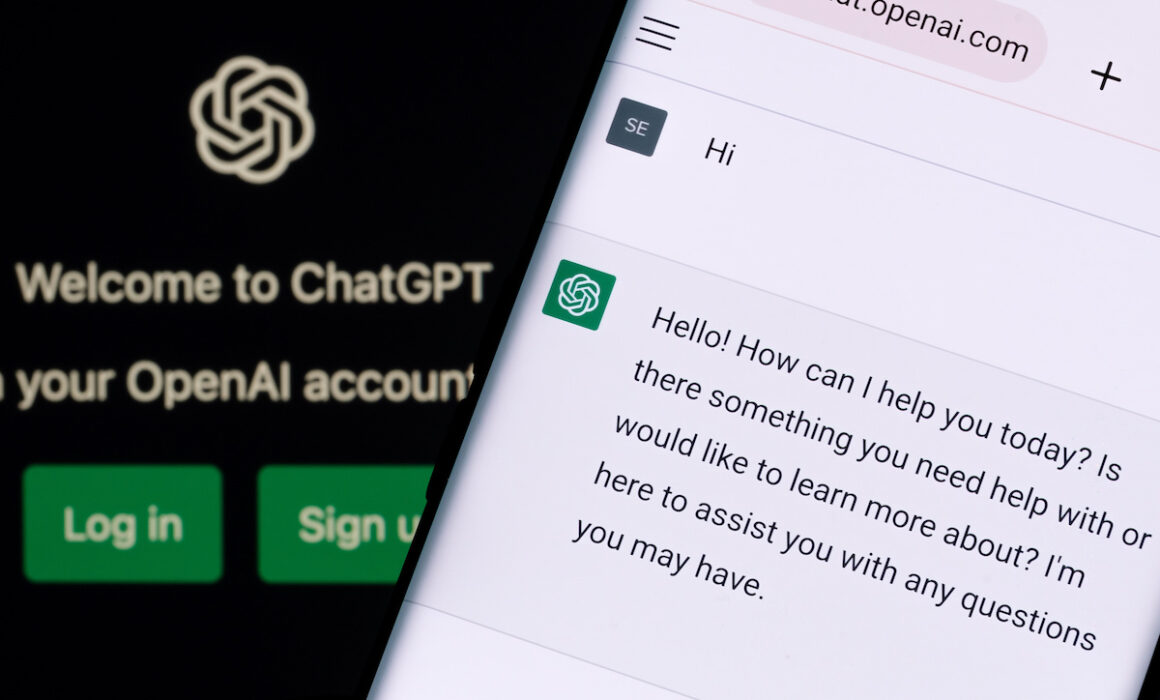Scientists Used ChatGPT to Generate an Entire Paper from Scratch — But Is It Any Good?
Published by www.nature.com on July 7, 2023.

A pair of scientists has produced a research paper in less than an hour with the help of ChatGPT — a tool driven by artificial intelligence (AI) that can understand and generate human-like text. The article was fluent, insightful and presented in the expected structure for a scientific paper, but researchers say that there are many hurdles to overcome before the tool can be truly helpful.
The goal was to explore ChatGPT’s capabilities as a research ‘co-pilot’ and spark debate about its advantages and pitfalls, says Roy Kishony, a biologist and data scientist at the Technion — Israel Institute of Technology in Haifa. “We need a discussion on how we can get the benefits with less of the downsides,” he says.
Kishony and his student Tal Ifargan, a data scientist also based at Technion, downloaded a publicly available data set from the US Centers for Disease Control and Prevention’s Behavioral Risk Factor Surveillance System, a database of health-related telephone surveys. The data set includes information collected from more than 250,000 people about their diabetes status, fruit and vegetable consumption, and physical activity.
Keep reading at nature.com.